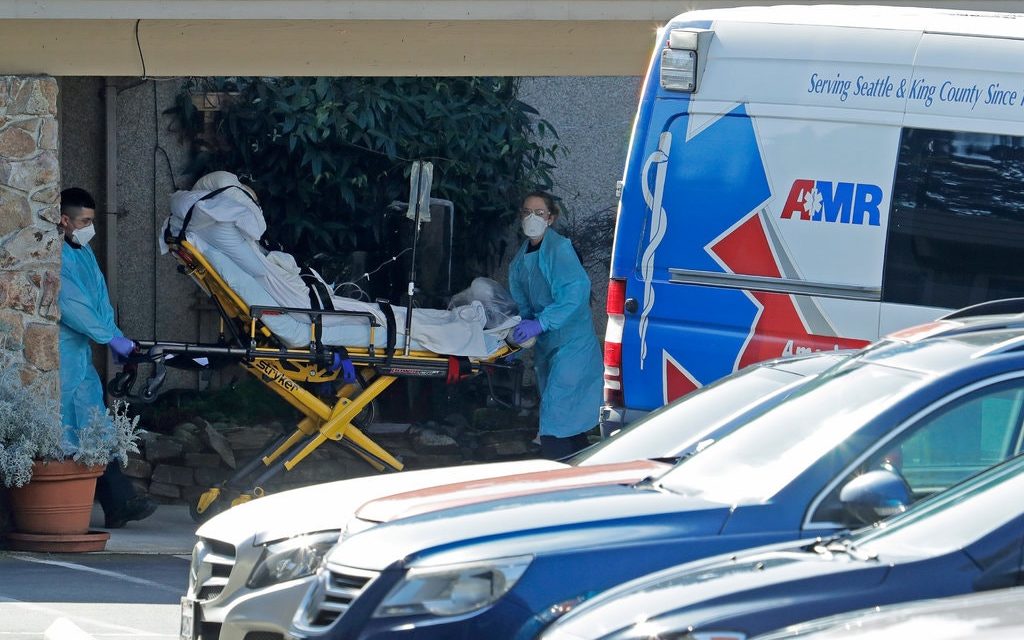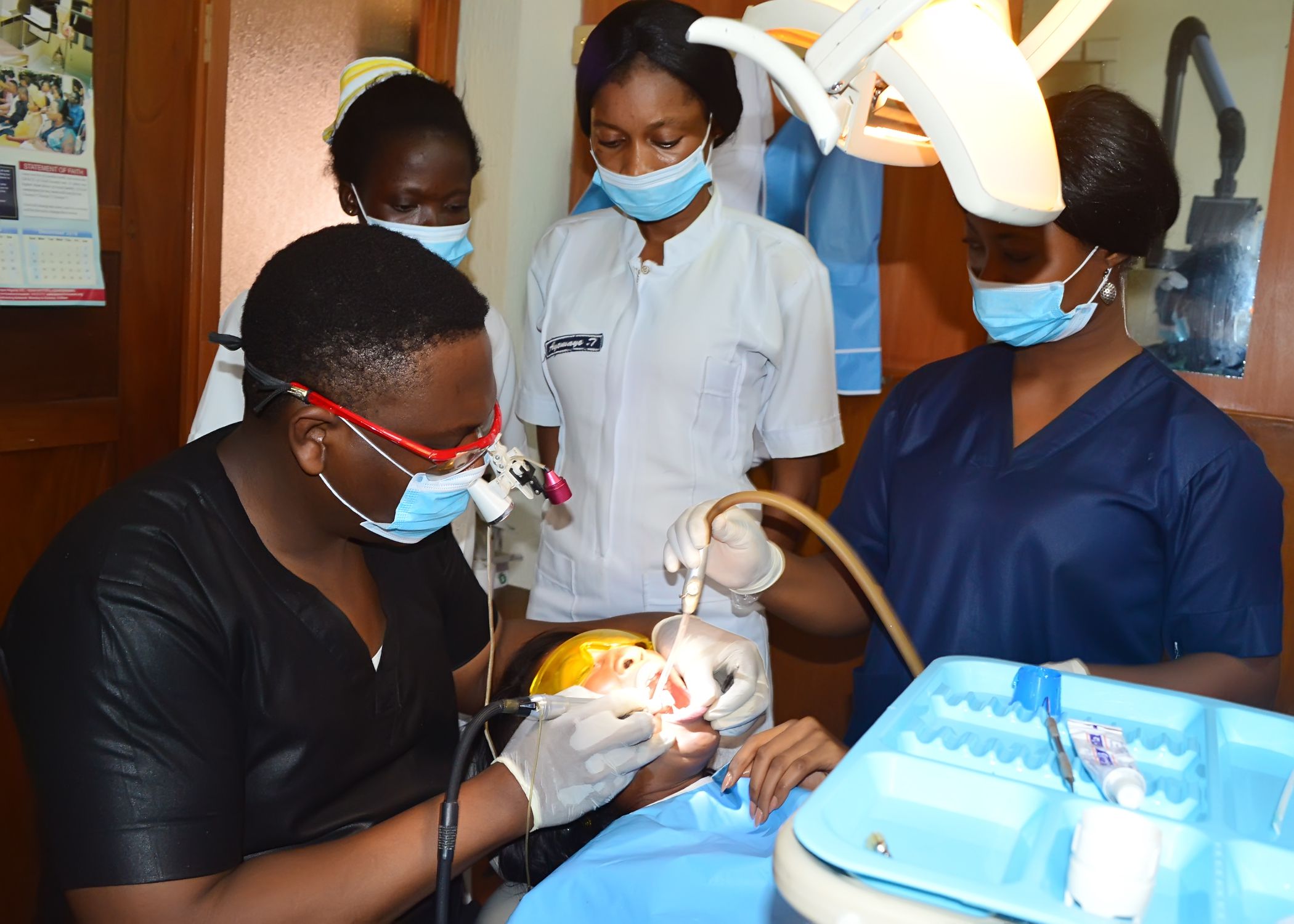How to Protect Yourself And Others From CoronaVirus
A new virus called the severe acute respiratory syndrome coronavirus 2 (SARS-CoV-2) has been identified as the cause of a disease outbreak that began in China in 2019. The disease is called coronavirus disease 2019 (COVID-19).
The virus is a type of coronavirus — a family of viruses that can cause illnesses such as the common cold, severe acute respiratory syndrome (SARS) and the Middle East respiratory syndrome (MERS).
Cases of COVID-19 have been reported in a growing number of countries, including Nigeria. WHO declared a global pandemic in March 2020? Public health groups, such as the World Health Organization (WHO) and The Nigeria Centre for Disease Control (NCDC), are monitoring the situation and posting updates, treatment and prevention recommendations on their websites.
The new coronavirus appears to spread from person to person among those in close contact. It is spread by respiratory droplets when someone infected with the virus coughs or sneezes. It’s unclear exactly how contagious the virus is.
Symptoms of CoronaVirus
Signs and symptoms of COVID-19 may appear two to 14 days after exposure and can include:
- Fever
- Cough
- Shortness of breath or difficulty breathing
Other symptoms can include:
- Tiredness
- Aches
- Runny nose
- Sore throat
The severity of COVID-19 symptoms can range from very mild to severe. Some people have no symptoms. People who are older or have existing chronic medical conditions, such as heart or lung disease or diabetes, may be at higher risk of serious illness. This is similar to what is seen with other respiratory illnesses, such as influenza.
How to Protect Yourself From Coronavirus
Clean your hands often
Wash your hands often with soap and water for at least 20 seconds especially after you have been in a public place, or after blowing your nose, coughing, or sneezing.
If soap and water are not readily available, use a hand sanitizer that contains at least 60% alcohol. Cover all surfaces of your hands and rub them together until they feel dry.
Avoid touching your eyes, nose, and mouth with unwashed hands.
Avoid close contact
Avoid close contact with people who are sick
Put distance between yourself and other people if COVID-19 is spreading in your community. This is especially important for people who are at higher risk of getting very sick.
Coping and support
You may feel stress during the COVID-19 outbreak. You may feel fear and anxiety or have trouble sleeping.
Here are some tips that can help you cope with stress during the COVID-19 outbreak:
- Avoid watching or reading news about COVID-19 that makes you feel anxious.
- Limit reading or watching the news about COVID-19 to once or twice a day.
- Get the facts about COVID-19 and share them with others. Check reputable sites such as CDC, NCDC and WHO for information.
- Avoid Misinformation
- Take care of yourself — eat healthily, get enough sleep and get regular exercise. Consider deep breathing, stretching and meditation exercises.
- Avoid alcohol and drugs.
- Do something you enjoy, such as reading a book, watching a movie or going on a walk.
- Keep connected with family and friends. Share your feelings with them.
- Aim to be positive and optimistic.
- Show appreciation for health care workers who care for those with COVID-19 in your community.


